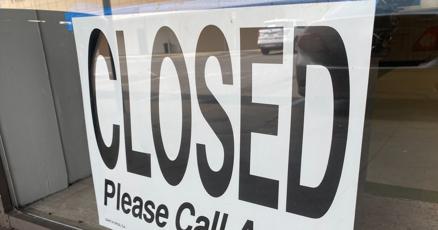Tennessee Lawmakers Propose Fast-Track Bill to Shut Down Problematic Businesses

Tennessee lawmakers are taking decisive action to streamline public nuisance procedures, sparked by a recent violent incident in Memphis that has heightened community concerns. The proposed legislation aims to expedite the process of addressing problematic properties, drawing direct inspiration from a local business that was the site of a shocking shootout just weeks ago.
The bill seeks to provide local authorities with more efficient tools to quickly respond to and mitigate potential safety risks in commercial and residential properties. By simplifying the legal framework for addressing public nuisances, legislators hope to create a more proactive approach to community safety.
The Memphis shootout served as a critical catalyst, highlighting the urgent need for more responsive legal mechanisms to prevent and address properties that become hotspots for criminal activity. This proposed legislation represents a targeted effort to give communities stronger preventative powers and protect public safety.
As the bill moves through the state legislature, it has garnered significant attention from local officials and community leaders who see it as a potential game-changer in managing urban safety and property-related risks.
